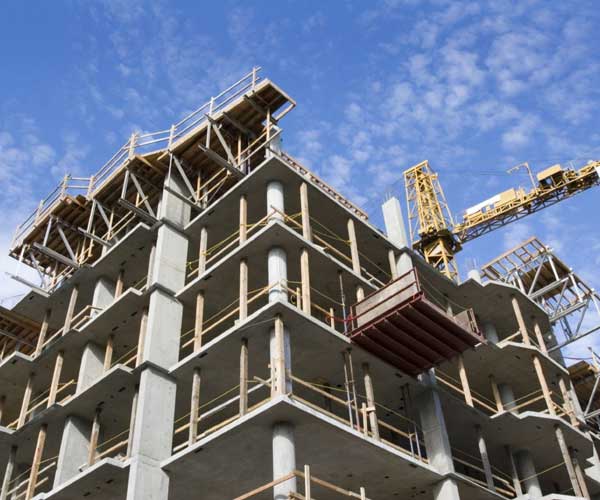Residential & commercial building consultation & construction
Building projects, whether residential or commercial, require meticulous planning, adherence to codes and regulations, and expert execution. This guide provides a comprehensive overview of the key phases and considerations involved in building consultation and construction.
Initial Consultation and Planning
Needs Assessment
- Residential: Assess the client’s needs, lifestyle, and budget. Understand the desired style, number of rooms, special features, and sustainability preferences.
- Commercial: Determine the business requirements, space utilization, customer flow, accessibility, and future expansion possibilities.
Site Analysis
- Residential: Evaluate the location for access to amenities, soil quality, zoning laws, and environmental impact.
- Commercial: Consider proximity to clients, suppliers, infrastructure, and compliance with zoning regulations and business permits.
Concept Development
- Architectural Design: Create initial sketches and conceptual designs based on the assessment.
- Cost Estimation: Provide a preliminary budget that includes materials, labor, and other expenses.
Design and Approval
Detailed Design
- Architectural Plans: Develop detailed architectural drawings and specifications.
- Engineering Plans: Ensure structural, electrical, plumbing, and HVAC designs are integrated.
- Interior Design: Plan interior layouts, materials, and finishes.
Regulatory Approvals
- Permits: Obtain necessary building permits and approvals from local authorities.
- Compliance: Ensure designs meet building codes, safety standards, and accessibility requirements (e.g., ADA for commercial buildings).
Pre-Construction
Project Planning
- Timeline: Develop a detailed project schedule with milestones.
- Budget Finalization: Refine the budget with detailed cost estimates.
Contractor Selection
- Bidding Process: Solicit bids from qualified contractors and subcontractors.
- Contract Negotiation: Draft and finalize contracts outlining scope, responsibilities, timelines, and payment schedules.
Construction Phase
Site Preparation
- Clearing and Grading: Prepare the site by clearing debris and leveling the ground.
- Foundation: Construct the foundation according to engineering specifications.
Building Construction
- Structural Framework: Erect the structural elements (steel, wood, concrete).
- Systems Installation: Install electrical, plumbing, HVAC, and other systems.
- Exterior and Interior Work: Complete the exterior facade, roofing, insulation, drywall, flooring, and interior finishes.
Quality Control
- Inspections: Conduct regular inspections to ensure adherence to plans and codes.
- Testing: Perform necessary tests on systems (e.g., electrical, plumbing) to ensure functionality.
Post-Construction
Final Inspections and Approvals
- Certification: Obtain final inspection approvals and certificates of occupancy.
- Punch List: Address any remaining issues or minor defects before handover.
Handover and Documentation
- Client Handover: Transfer possession to the client with a walkthrough.
- Documentation: Provide complete documentation including plans, warranties, and maintenance manuals.
Maintenance and Support
Scheduled Maintenance
- Routine Checks: Schedule regular maintenance to ensure building longevity and efficiency.
- Upgrades and Repairs: Offer services for future upgrades or necessary repairs.
Client Support
- Customer Service: Provide ongoing support for any issues or queries.
- Feedback: Gather feedback to improve future projects and client satisfaction.
A successful building project hinges on detailed planning, expert execution, and continuous client collaboration. By adhering to these phases and best practices, both residential and commercial building projects can achieve the desired outcomes efficiently and effectively.



